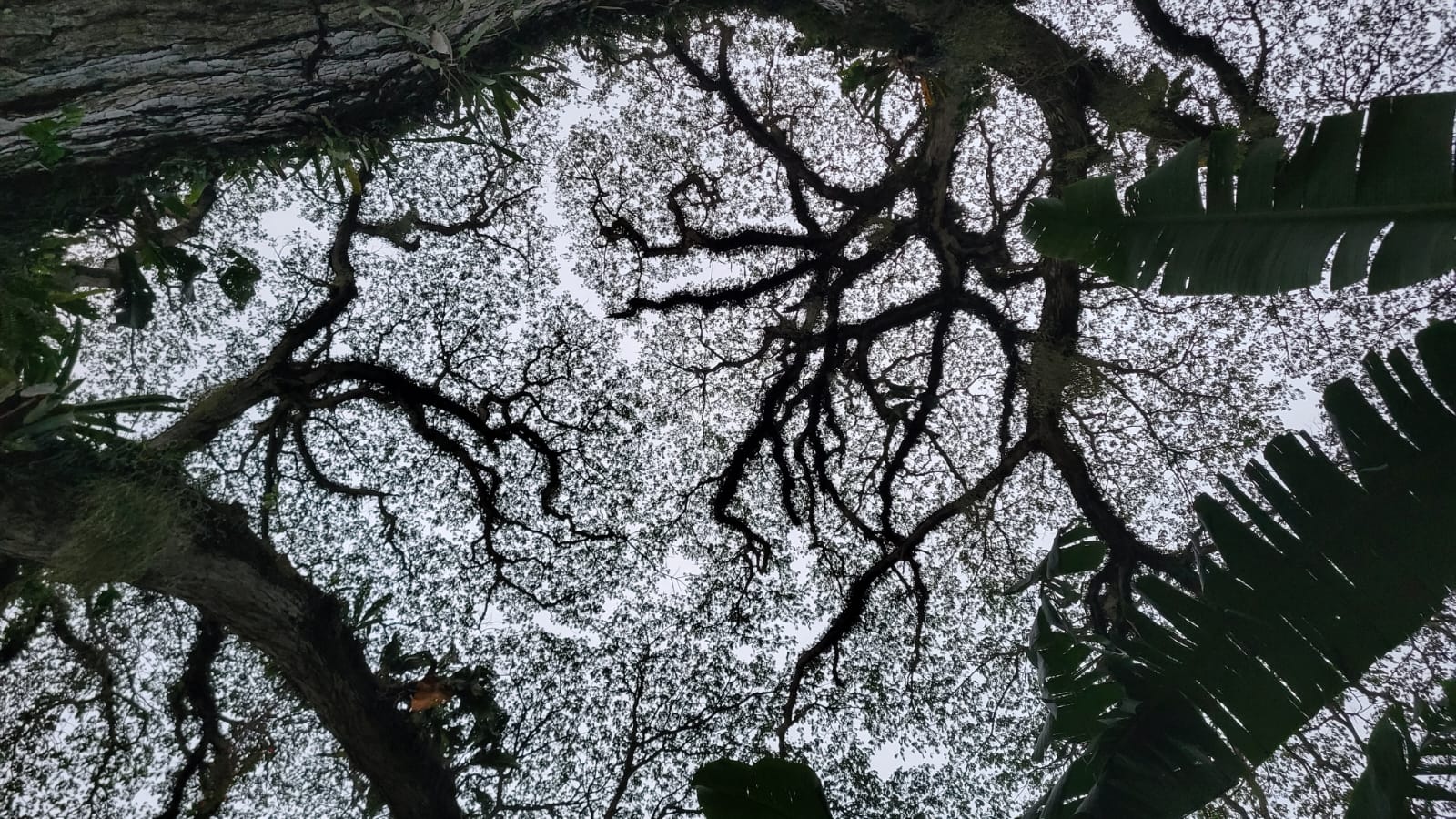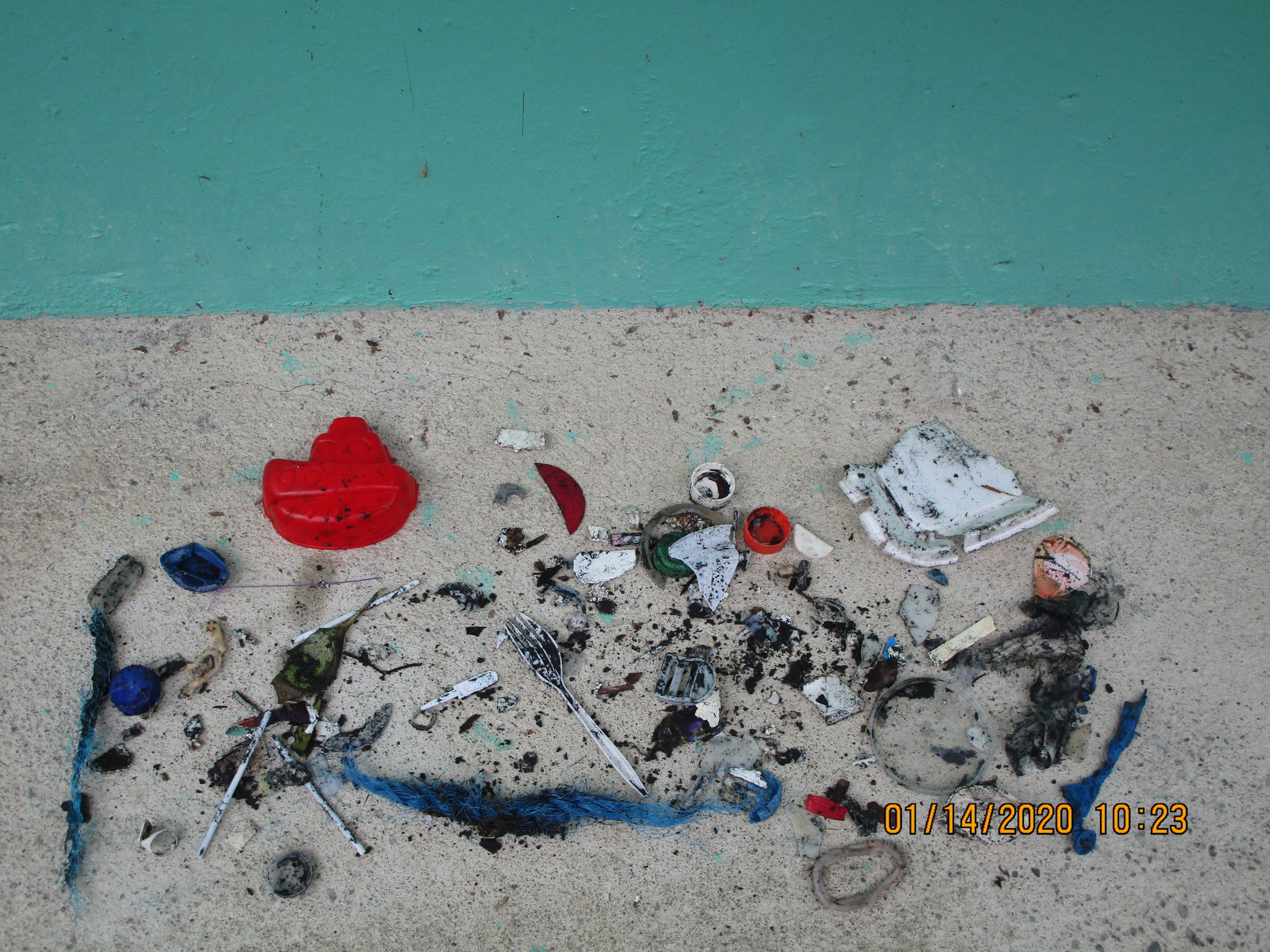
Thank God for Coffee. In the morning it gives me a bright outlook on the day. I sip strong Costa Rican coffee while writing morning pages and reading Psalms and Proverbs. Allotting my first waking moments to this ritual gives me a sense of empowerment. I can say to the world’s troubles, “Back off! Coffee first!” After that, I can face whatever the day brings.
And I am certainly not the only one. Dorothy Day’s morning coffee ritual was just short of holy.
“My strength returns to me with my cup of coffee and the reading of the Psalms.” – Dorothy Day
In the afternoons, the Costa Rican coffee ritual mirrors English Tea: It is ever so civilized. Commerce stops for an hour, while friends and colleagues meet at cafés or invite neighbors home for coffee, drinking it with a light snack and friendly conversation as a way to regroup for the evening. Ticos need their afternoon coffee like Indians and English need their tea-time. As a good friend often commented, “It’s time to have coffee, or else it will be evening and, Ay.”
Years ago, I read in some natural health book that coffee “gives one a false sense of well-being.” Well? So what? We need to have a sense of well-being, especially if it’s false. People through the ages have drunk coffee as a means of feeling better about the world. That’s why people meet over coffee. And that’s why cafés never go out of business, even in the worst economies.
Even before coming to Costa Rica I noticed the importance of coffee in human society. Coffee is a frequent topic in literature. There is probably more than one book entitled, First, We Have Coffee. (And then? I shudder to think.) “Come and tell me your devastating news, whatever it is; but first let’s share some brew and get us a false sense of well-being that’ll boost us up for the let-down.” Let’s face it: life just looks better from the other side of a mug of java.
One boring, socially isolated summer, I listened to a radio story about the Great Depression.
The husband was hunting in vain for a job, each day returning home with bad news: no work. His faithful wife would meet him at the kitchen door with the invitation, “Come, sit down and I’ll pour you a cup of coffee.” Coffee was a cheap remedy for hopelessness; an affordable drug; an encouraging, if false, sense of well-being.
One year I read aloud to my children the classic Civil War story, Across Five Aprils, the story of a farm family torn apart by opposing viewpoints. Things got so bad that they could no longer afford to buy coffee but the mother wasn’t able to cope with the burdens of losing her sons to both armies, so the father one day sent the youngest boy to town to buy a sack of coffee to comfort her. Coffee made life bearable for this bereaved mother.
During my own life I’ve abstained from coffee many times, for health reasons (scared to death from reading that natural health book) and as a religious rite during fasting. But my reason got the better of me when I saw the fallacy of thinking we shouldn’t depend on anything: we depend on air and water, don’t we? So after that, I began drinking coffee, every day.
Now, I refrain from thinking about anything important or allowing myself to react to the day until I have had my morning coffee. “Bad mood…problems…decisions: you’ll have to wait!”
I like to wake up slowly. Is this a sane way to live, or what?
I like to allow myself about an hour and a half to prepare for the day…coffee and quiet time (reading/writing) first, then a bath or shower. It takes me five minutes or less to get dressed, but I always receive compliments (that is, unless I wear mismatched shoes). Coffee deserves the lion’s share of my morning preparations.
I love the coffee rituals in Costa Rica. At every place of employment, someone on staff makes coffee for the employees’ morning and afternoon breaks. The coffee is very strong and very hot, taken with sugar only. Coffee breaks create a mood of relaxation and well-being at work. I learned never to disturb the person preparing the communal coffee: this is a religious rite! I would come in too soon and would be told, “casi listo: espera…” (almost ready: wait).
In the United States, coffee breaks are much different. We drink coffee alone, at our desks; we don’t stop our work to sip coffee as a social ritual. Coffee doesn’t serve to relax or make us feel happier; it is used as a means of fueling us in order to work faster and produce more. The coffee break is merely utilitarian, not at all a sign of civilization. Even the ritual of coffee-making in the United States is different: Coffee makers are set into motion and left unattended. In fact, many coffeemakers can be programmed the night before to start making the coffee before we’re even awake. But do we really need this type of technology?
In Costa Rica, the coffee is made by hand, drip-style, with a chorreador, an often-ornate contraption with a hole in the center to hold a sock-like, cloth filter that holds the coffee. A pot is placed under this sock and the hot water—piping hot—is poured slowly, methodically, tenderly (como una abuela—like a grandmother), through the sock. The person making the coffee regulates the quantity and speed of this drip process. In other words, the difference between coffee-making in the United States and Costa Rica (and other countries, I’m sure) is the positive human energy behind it.

I have come to judge work sites by the condition of their coffee makers and the feeling behind their coffee rituals. Some break rooms have the most dirty, neglected coffeemakers; I sense that the employees feel the same way about themselves. One industrial company actually charged employees for coffee made from a filthy tank—if they dared drink it, that is.
In the United States, it’s all about consumption. Sometimes I have wondered what this world would be like if presidents and lawmakers and policemen had different attitudes about their coffee. All those stereotypical scenes of policemen doing double shifts with their Styrofoam coffee cups and donuts. Coffee is consumed so offhandedly and in such massive quantities, it’s no wonder that people have the jitters all day long. Yes; we can overdo the coffee breaks, even to the point of turning that false sense of well-being into a false sense of paranoia—irritability, nervousness, anger and over-reacting.
That’s why I love the coffee rituals of Latin America. There are rules and boundaries and limits. Smaller cups, drunk socially, at specific times and in special places. Less is more.



